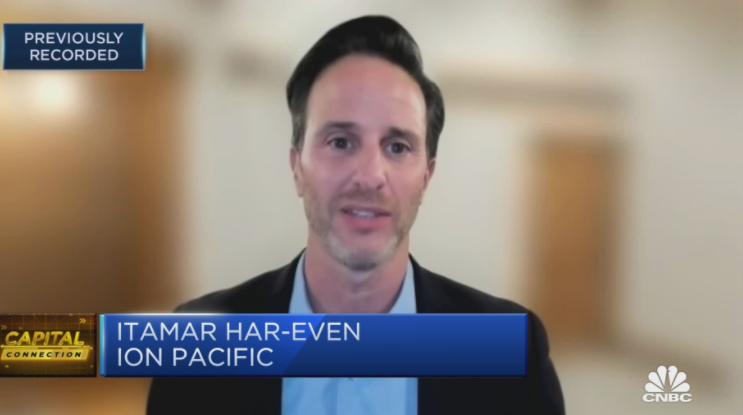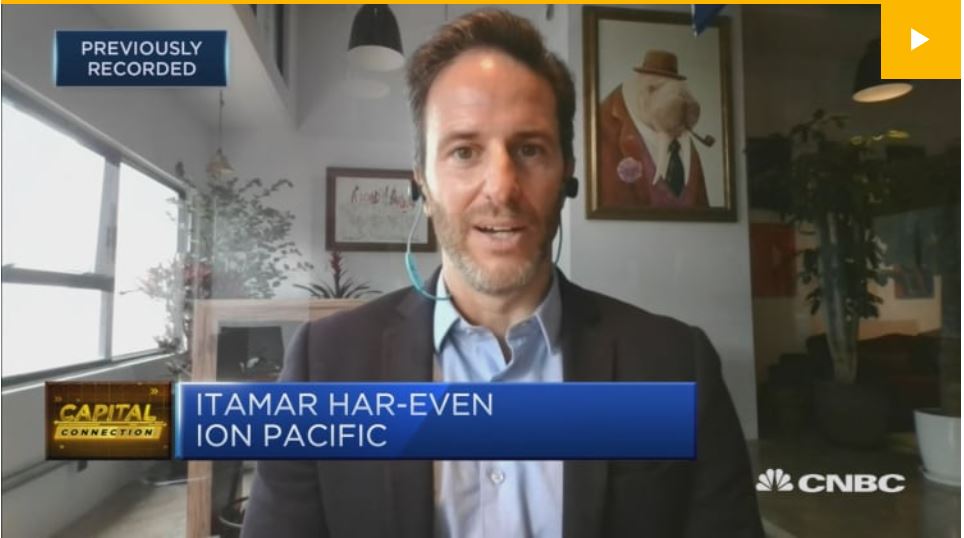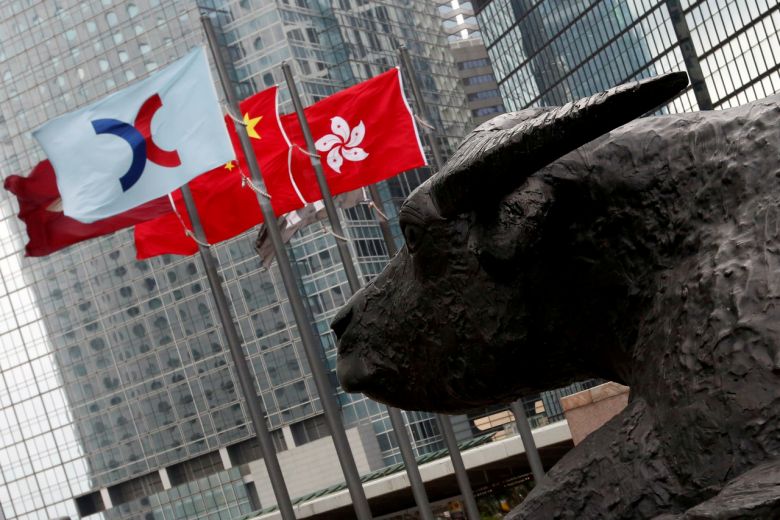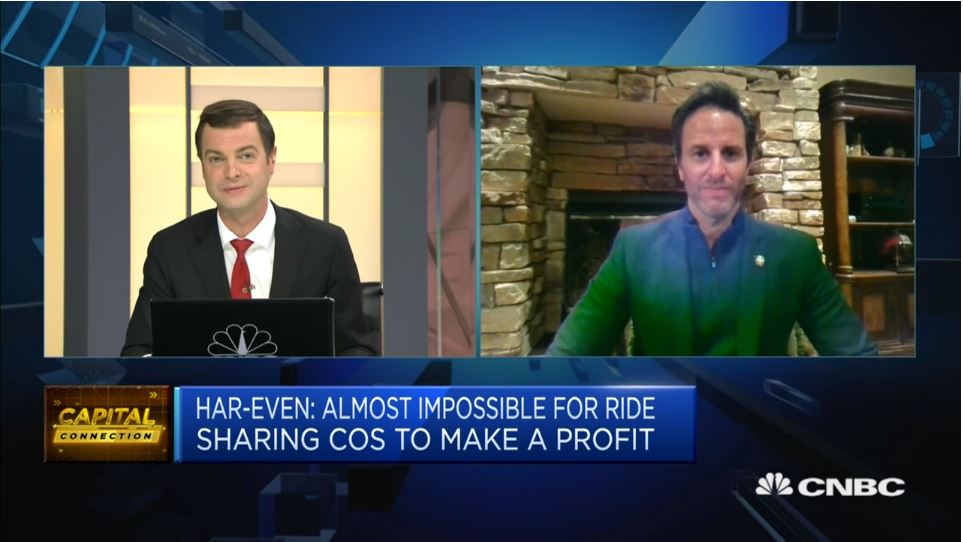Pitching a niche VC capital secondaries strategy with a meaningful focus on Asia isn’t easy, but Ion Pacific raised nearly 4x more than last time with large family offices well-represented in the LP base
Four in every five investments made by Ion Pacific under its VC secondaries strategy are structured transactions. Preferred equity is a popular option, where economic interests in funds and companies are reassigned, but the names on LP rosters and cap tables don’t change. It enables investors to generate liquidity on an asset without necessarily eroding their legal and personal ties to founders.
Explaining this approach to LPs when fundraising is the hard part. Ion Pacific recently closed its second fund at USD 135m – a significant step up from USD 35m in the previous vintage, reflecting a general increase in appetite for secondaries in Asia, but responses on the road were often binary.
“You know in the first three minutes. Either their eyes glaze over, and they don’t get it, or they are on the edge of their seat. We play well with folks who have exposure to secondaries in general – and know the advantages in terms of j-curve and IRR – or who have done special situations in the past,” said Michael Joseph, co-CEO and managing partner of Ion Pacific.
“We’ve also done well bringing in LPs who are founders of hedge funds and private equity funds. They get what we are doing is a de-risked way to enter the asset class.”
An engaged audience
The central tenet of Ion Pacific’s pitch is that they offer exposure to high-growth technology sector assets, but investors don’t have to wait 10-15 years for distributions and outcomes are more predictable than the typical boom-or-bust VC scenarios.
Concentration limits were an obstacle for many LPs – as well as comfort with the strategy- given the relatively small fund size. Nevertheless, the firm still attracted a more institutional LP base than with Fund I. Joseph described the participants as “institutionally minded family offices that have significant infrastructure and think more like foundations” rather than the pension and insurance crowd.
These investors have defined allocation programs, which it is hoped will lead to repeat commitments, as opposed to the less predictable behaviour of smaller family offices. Three-quarters of the corpus was sourced from US and Europe-based LPs, while a significant number of the new arrivals came by way of referrals.
“An existing LP would say, ‘I was speaking to a friend who is interested in private equity secondaries, and I told him he should ask you about the venture space,”‘ Joseph explained. “It would be like the USD lm guy talks to someone in his network who writes cheques of USD 5-lOm. And once we got in front of the new investor, nine times out of 10, they were interested in hearing more.”
Fund I pursued a Greater Asia strategy with a small allocation to Israel. However, Ion Pacific found that that tying investments to specific geographies could be misleading. For example, the firm acquired shares in UK-based robo-advisor Nutmeg through a relationship in Singapore. The Fund II mandate, therefore, is global with a focus on technology hubs.
Nutmeg, which was bought by J.P. Morgan last year, is one of more than half a dozen exits from Fund I. Asia activity includes a trade sale of Singapore software-as-a-service (SaaS) provider TradeGecko and IPOs for two China-based companies, recruitment platform Kanzhun and medical big data player Yidu Tech. Meanwhile, Fund II is one-third deployed and already has three exits .
A couple of exits outside of Asia have come through mergers with special purpose acquisition companies (SPACs). Reports that Singapore classifieds marketplace CarouselI, another Ion Pacific investee, might follow the same path bode well for Southeast Asia in general, according to Joseph.
“The exit environment has improved, whether that’s local listings, transitioning to the US by a conventional IPO or a SPAC, or M&A,” he said. “Larger market caps mean that M&A can take place at larger ticket sizes. Ten years ago, a USD lbn strategic acquisition in Southeast Asia would have been difficult, but now US and European players are trading at many multiples of that valuation.”
Dangling the Carro
Southeast Asia is expected to account for one-third of Fund II, with Ion Pacific noting a pent-up demand for liquidity among local VC managers. While easier capital markets access may alleviate some of this pressure, it is also likely to drive more capital into the region – and growth in primaries leads to growth in secondaries .
Every Ion Pacific investment in the last 18 months has featured co-investment because the cheque sizes were too large for the fund. Southeast Asia opportunities are getting snapped up very quickly, which may reinforce the notion of structured secondaries as an acceptable way of participating in a market considered by many LPs as too unproven for traditional VC commitments.
Joseph cited automotive marketplace Carro as an example. Investors were attracted by the growth dynamics – a positive correlation between discretionary income and car sales – and drew comfort from familiarity with a business model that is visible globally and “getting into Carro not when it started, but when it was a market leader in four countries.”
“A family office in Washington D.C. might have little exposure to VC in general, no exposure to VC secondaries, and little exposure to Asia outside of mutual funds. The Southeast Asia look-through is exceptionally small,” Joseph added. “How often do they see a market-leading company in Southeast Asia that they understand and can get exposure to? Not very often.”
This article was also published in Asian Venture Capital Journal















